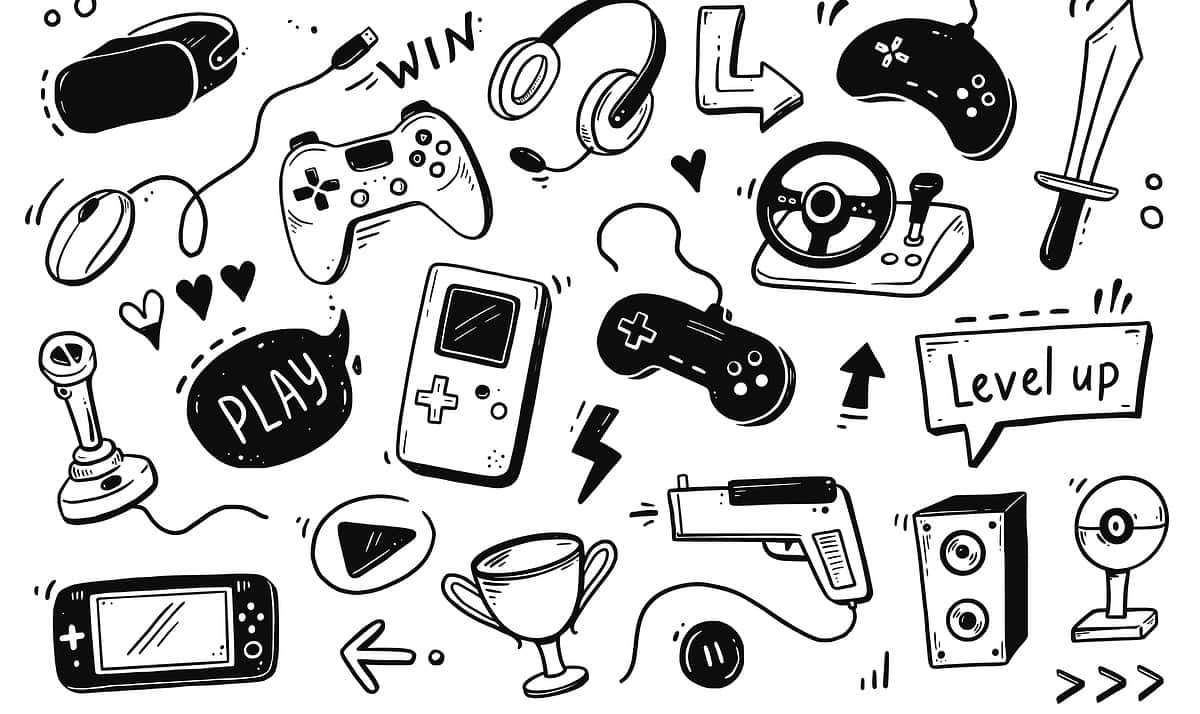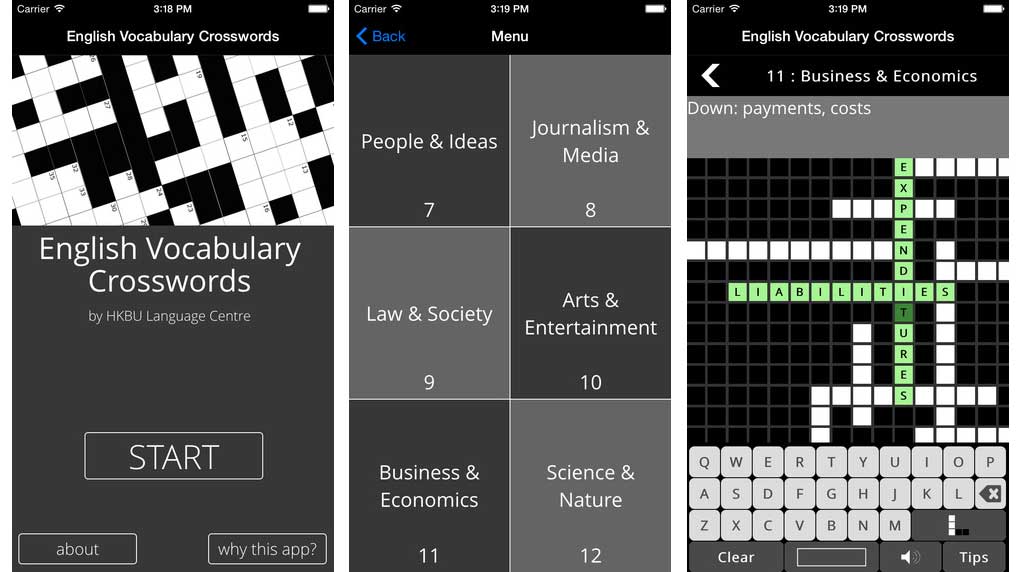The games industry is a dynamic field in which technological advancements and artistic expressions are combined to create new experiences. Getting into the industry requires a transferable skill set that accommodates key differences between games and other interactive systems that impact games’ UXR objectives and approaches. Industry differences are discussed along with the benefits of…










